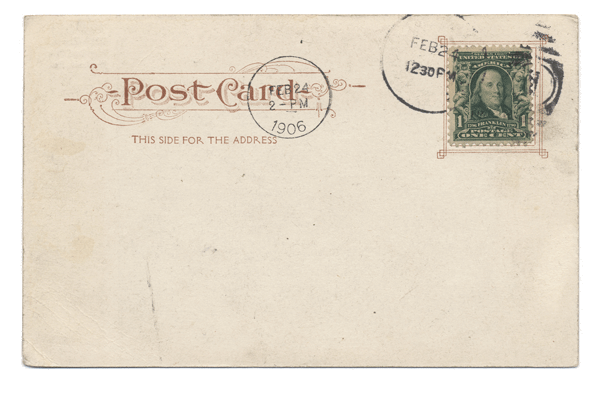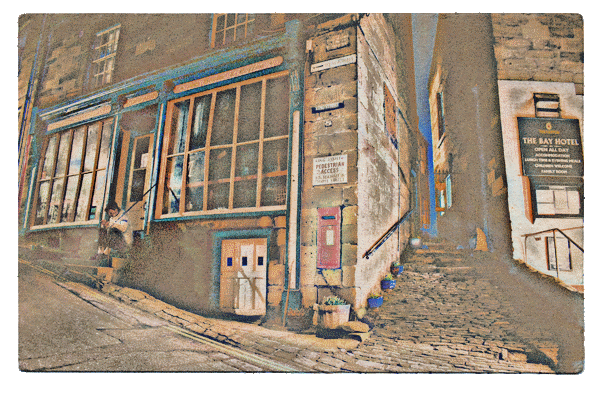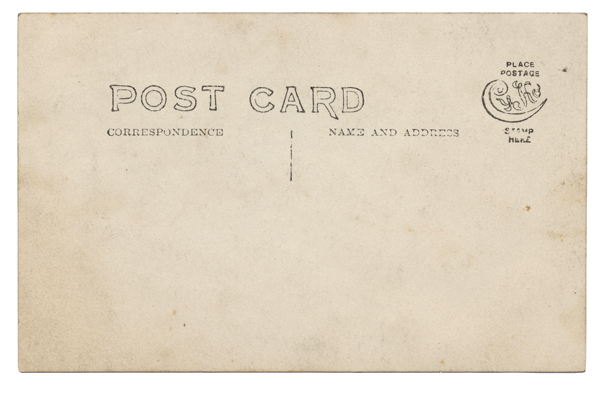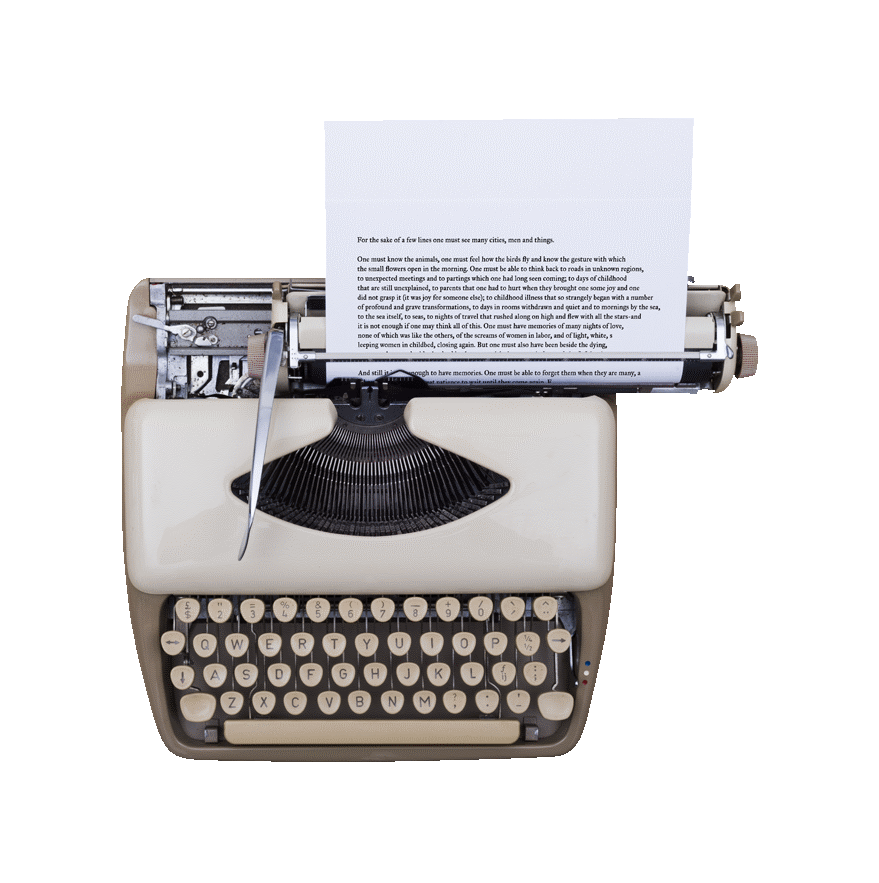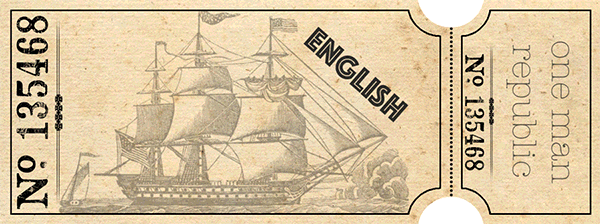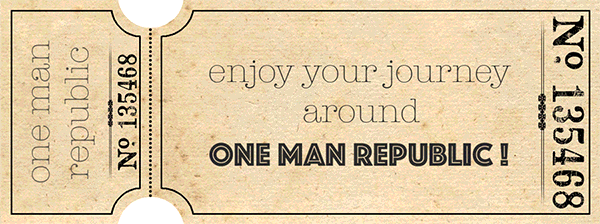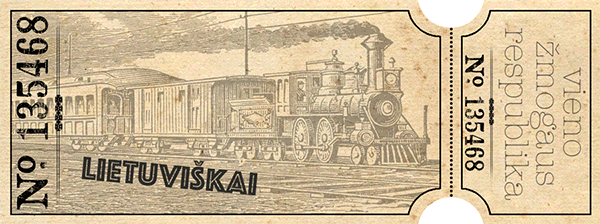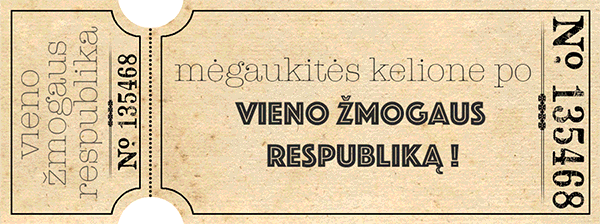sonification of mathematics
random sharing


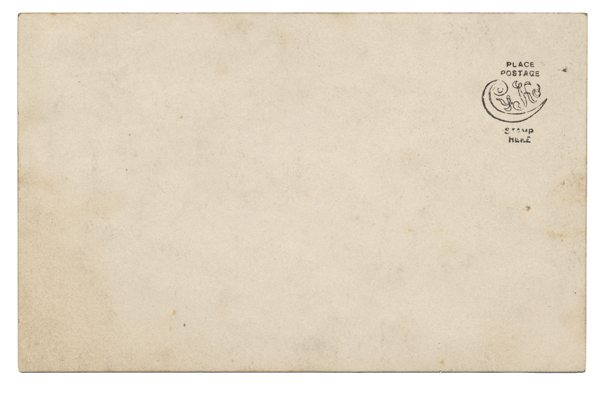
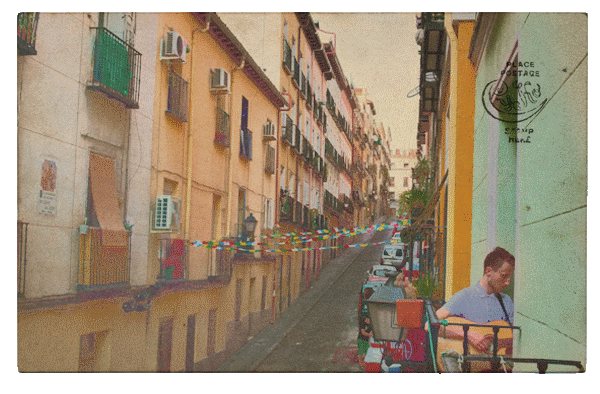
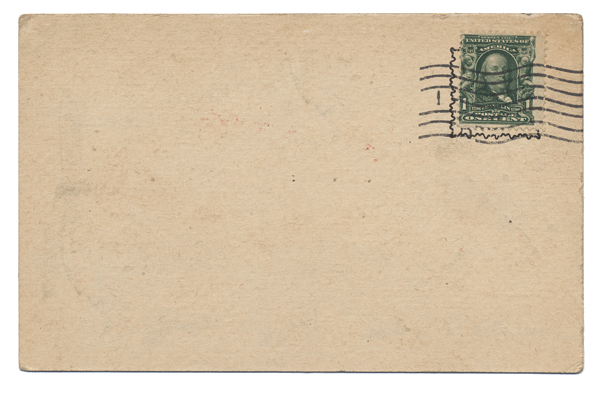


I see a huge separation between people from the academic world and people who are mostly unrelated to this world. Renowned British mathematician Ian Stewart often mentions how society imagines scientists as people sitting high up in ivory towers surrounded by clouds and never descending back to the ground. Well, in this context of exclusion, I don’t blame society for such a perceived image of scientists.
When I was studying at the University of Leeds in the United Kingdom, one of the lecturers of the music faculty, expert in electroacoustic music, James Mooney, mentioned in one of his lectures that even after spending so many years in the academic world, he still hasn’t found any logical explanation for why scientific articles and journals are so closed off to those who are not members of universities. Yes, the prices of articles are crazy and yes, they generate huge revenue flows. However, I have to agree with James Mooney that the entire model of higher education should be redistributed so that journals and articles become freely accessible to the community. My prediction is that then, the line between academics and society would begin to slowly fade away. This would mean a new opportunity for these two worlds to successfully intertwine and immensely benefit from one another.
To drift off a bit to an earlier time in my life - when I had half a year left of my bachelor’s in mathematics, my fellow classmates and I received a list of topics to choose from for our theses. Absolutely all of my colleagues chose their topics from the narrow list provided to us by faculty professors. I asked a good number of classmates whether they truly wanted to write their thesis on this strange topic that was just given to them and if they had truly been thinking of this precise topic for their thesis for the past four years. I didn’t meet a single person who answered affirmatively to any of these questions - most of them said that they just wanted to graduate as soon as possible and their chosen topic wasn’t interesting to them at all.
I, of course, went my own way without listening to the scepticism of several of my classmates that I wouldn’t be able to graduate university if I didn’t choose a subject from the list. I chose to write the very first bachelor’s thesis in philosophy of mathematics in the history of my faculty. And in the end, my thesis was evaluated very highly by professors. Later, I discussed this whole situation with some of my friends from other faculties and universities and was amazed at how many of them were curious enough to ask me if they could read it themselves. From my calculations, my bachelor’s thesis has been read by students from nearly all Lithuanian universities. It was at this time that I realized how powerful science can become if it is sincerely shared among people.
Yes, at this moment, I am not powerful enough to make all scientific articles in the world freely accessible. Here, however, I can sincerely share with you all I do in the context of the scientific world. What a world it would be if we all shared.
Here on this web page, I give to you my master’s thesis, which I defended at the University of Leeds. In it, you’ll find lots of bagpipes, mathematics, things I believe in, and things I still don’t fully believe in. One of the most beautiful parts is the one about the Fourier series.
While I was studying at Vilnius University, I saw an incredible number of talented mathematicians. However, only a few of them had a talent for pedagogy or at least the slightest understanding of how to help students learn mathematics. So to make it easier for people to master the Fourier series, I created a program in which you can hear each Fourier transformation through the sound of Scottish bagpipes. The program can be adapted to understanding and mastering any other mathematical series (e.g. the Taylor and Maclaurin series).
My master’s portfolio and documentation that you can download by clicking the link below is a fairly large and complex study, which requires basic knowledge in programs such as Max 8 (Max/MSP), FL Studio (or any other DAW), and Javascript programming basics. However, the documentation and my audio recordings should be enough to grasp the core of this study.

I see a huge separation between people from the academic world and people who are mostly unrelated to this world. Renowned British mathematician Ian Stewart often mentions how society imagines scientists as people sitting high up in ivory towers surrounded by clouds and never descending back to the ground. Well, in this context of exclusion, I don’t blame society for such a perceived image of scientists.
When I was studying at the University of Leeds in the United Kingdom, one of the lecturers of the music faculty, expert in electroacoustic music, James Mooney, mentioned in one of his lectures that even after spending so many years in the academic world, he still hasn’t found any logical explanation for why scientific articles and journals are so closed off to those who are not members of universities. Yes, the prices of articles are crazy and yes, they generate huge revenue flows. However, I have to agree with James Mooney that the entire model of higher education should be redistributed so that journals and articles become freely accessible to the community. My prediction is that then, the line between academics and society would begin to slowly fade away. This would mean a new opportunity for these two worlds to successfully intertwine and immensely benefit from one another.
To drift off a bit to an earlier time in my life - when I had half a year left of my bachelor’s in mathematics, my fellow classmates and I received a list of topics to choose from for our theses. Absolutely all of my colleagues chose their topics from the narrow list provided to us by faculty professors. I asked a good number of classmates whether they truly wanted to write their thesis on this strange topic that was just given to them and if they had truly been thinking of this precise topic for their thesis for the past four years. I didn’t meet a single person who answered affirmatively to any of these questions - most of them said that they just wanted to graduate as soon as possible and their chosen topic wasn’t interesting to them at all.
I, of course, went my own way without listening to the scepticism of several of my classmates that I wouldn’t be able to graduate university if I didn’t choose a subject from the list. I chose to write the very first bachelor’s thesis in philosophy of mathematics in the history of my faculty. And in the end, my thesis was evaluated very highly by professors. Later, I discussed this whole situation with some of my friends from other faculties and universities and was amazed at how many of them were curious enough to ask me if they could read it themselves. From my calculations, my bachelor’s thesis has been read by students from nearly all Lithuanian universities. It was at this time that I realized how powerful science can become if it is sincerely shared among people.
Yes, at this moment, I am not powerful enough to make all scientific articles in the world freely accessible. Here, however, I can sincerely share with you all I do in the context of the scientific world. What a world it would be if we all shared.
Here on this web page, I give to you my master’s thesis, which I defended at the University of Leeds. In it, you’ll find lots of bagpipes, mathematics, things I believe in, and things I still don’t fully believe in. One of the most beautiful parts is the one about the Fourier series.
While I was studying at Vilnius University, I saw an incredible number of talented mathematicians. However, only a few of them had a talent for pedagogy or at least the slightest understanding of how to help students learn mathematics. So to make it easier for people to master the Fourier series, I created a program in which you can hear each Fourier transformation through the sound of Scottish bagpipes. The program can be adapted to understanding and mastering any other mathematical series (e.g. the Taylor and Maclaurin series).
My master’s portfolio and documentation that you can download by clicking the link below is a fairly large and complex study, which requires basic knowledge in programs such as Max 8 (Max/MSP), FL Studio (or any other DAW), and Javascript programming basics. However, the documentation and my audio recordings should be enough to grasp the core of this study.
